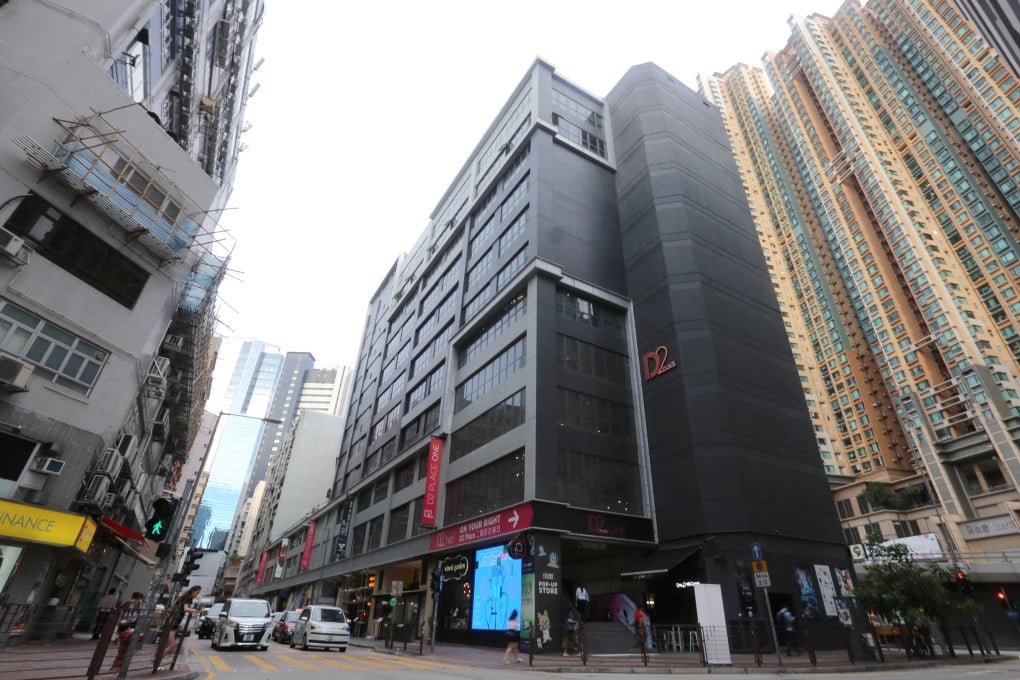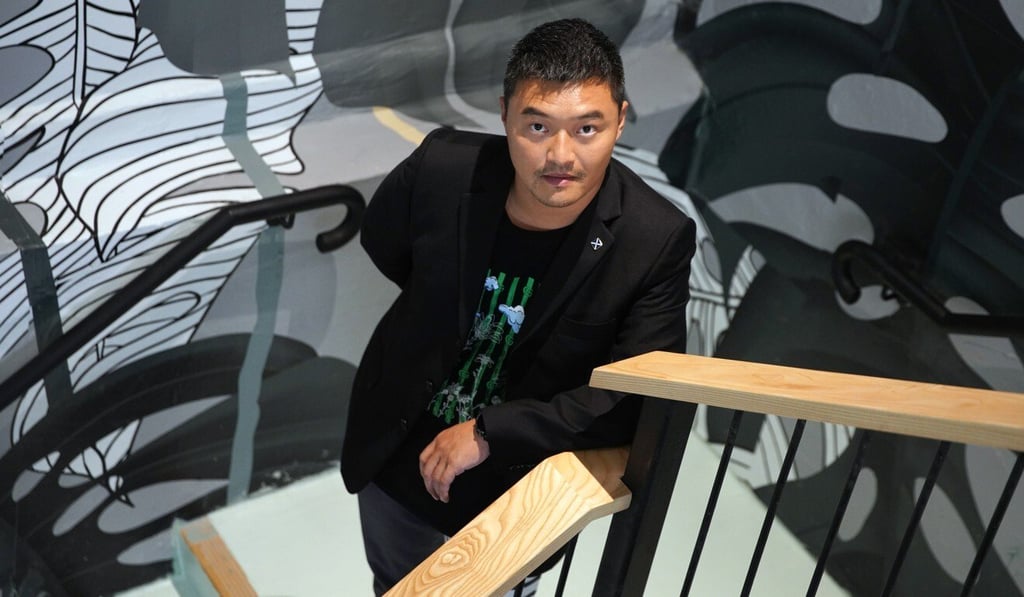Hong Kong group plans expansion of D2 Place with redevelopment of industrial building into office tower amid retail slump
- Lawsgroup plans to redevelop an industrial building into a 27-storey office tower next to its D2 Place One and Two shopping centres in Lai Chi Kok
- Shopping centres in Hong Kong have seen an increase in traffic in September as government relaxed restrictions, Savills said

Lawsgroup is pushing ahead with the redevelopment of industrial buildings into offices and shopping centres even as Hong Kong’s economy and retail sector still reel from the coronavirus outbreak.
“It would be ideal to connect the buildings with a sky bridge on the second or third floors. It would benefit the neighbourhood as a whole,” said Law, whose company has interests in textiles, retail and property.
Lawsgroup bought the building, situated on 822 Lai Chi Kok Road, in June last year for around HK$1.4 billion (US$180.6 million), and plans to spend a total of HK$3.1 billion on the project. The new office tower will consist of 27 floors covering a total gross floor area of 18,983 square metres and include four basement floors for parking cars.
